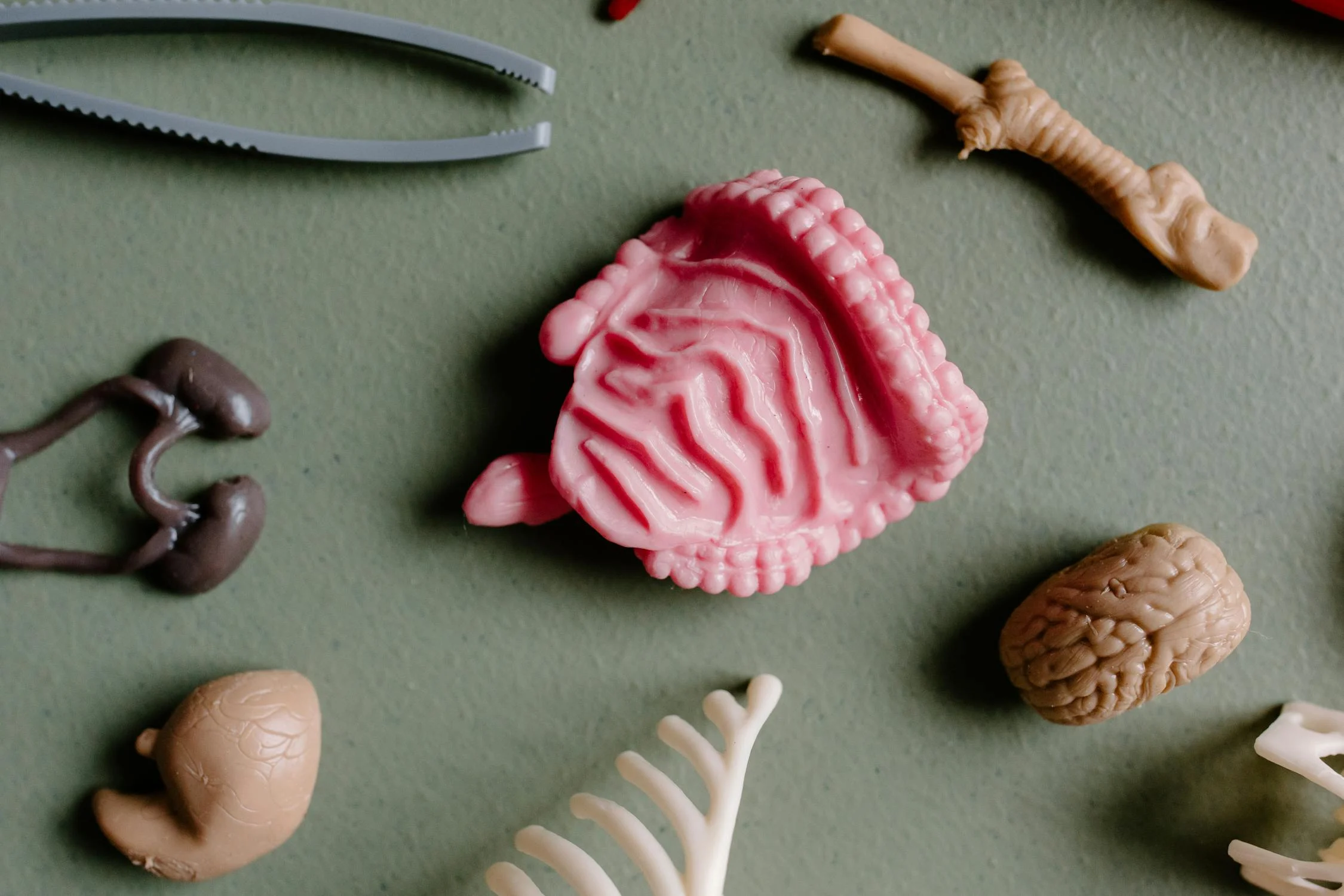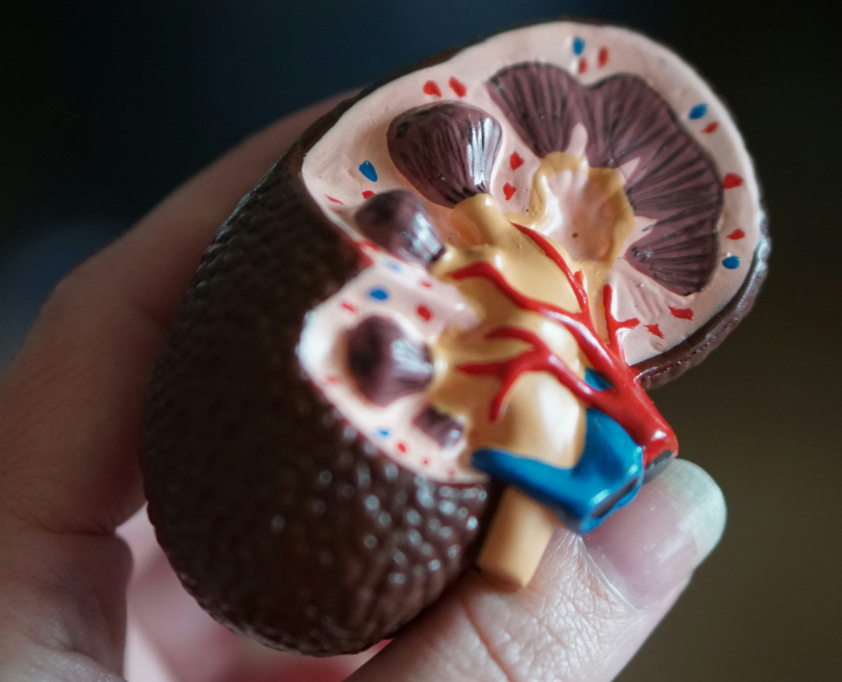Autoimmune hepatitis is a chronic liver disease where the immune system mistakenly attacks liver cells, causing inflammation and damage. It primarily affects women and can occur at any age. Symptoms include fatigue, jaundice, abdominal pain, and joint pain, though some cases are asymptomatic. If untreated, it may progress to cirrhosis or liver failure.
Key Points:
- Types: Type 1 (most common, associated with antinuclear antibodies and anti-smooth muscle antibodies) and Type 2 (rare, linked to anti-liver kidney microsomal antibodies, often in children).
- Diagnosis: Based on blood tests (elevated liver enzymes, autoantibodies), imaging, and liver biopsy to confirm inflammation and rule out other conditions like viral hepatitis.
- Treatment: Immunosuppressive therapy with corticosteroids (e.g., prednisone) and azathioprine to reduce inflammation and prevent progression. Most patients respond well, but long-term treatment is often needed.
- Prognosis: With treatment, many achieve remission, but relapses can occur. Regular monitoring is essential. Severe cases may require liver transplantation.
- Causes: Unknown, but likely involves genetic predisposition (e.g., HLA gene variants) and environmental triggers.
Lifestyle: Avoid alcohol, maintain a healthy diet, and follow medical advice to manage symptoms and reduce liver stress.
For personalized advice, consult a hepatologist.
Disclaimer: owerl is not a doctor; please consult one.
Autoimmune hepatitis (AIH) is diagnosed with the help of specific autoantibodies, which are key to identifying the condition and distinguishing it from other liver diseases. The main antibodies associated with AIH are:
- Anti-Nuclear Antibody (ANA):
- Commonly positive in AIH, especially type 1.
- Present in about 70-80% of patients.
- Not specific to AIH; also seen in other autoimmune diseases.
- Anti-Smooth Muscle Antibody (SMA):
- Found in 50-70% of AIH type 1 patients.
- Targets actin or other components of smooth muscle.
- High titers, especially with anti-actin specificity, are more suggestive of AIH.
- Anti-Liver Kidney Microsomal Antibody (anti-LKM1):
- Characteristic of AIH type 2, which is rarer and often seen in children.
- Targets cytochrome P450 2D6 (CYP2D6).
- Less common in adults.
- Anti-Soluble Liver Antigen/Liver Pancreas Antibody (anti-SLA/LP):
- Highly specific for AIH, found in 10-30% of patients.
- Associated with more severe disease and poorer prognosis.
- Can be present in both type 1 and type 2 AIH.
- Anti-Mitochondrial Antibody (AMA):
- Rarely positive in AIH; more typical of primary biliary cholangitis (PBC).
- If present, it may suggest an overlap syndrome.
- Other Antibodies:
- Anti-Liver Cytosol Type 1 (anti-LC1): Seen in AIH type 2, often with anti-LKM1.
- Anti-Neutrophil Cytoplasmic Antibodies (pANCA): Atypical pANCA can be detected in AIH type 1, especially in overlap syndromes with primary sclerosing cholangitis (PSC).
- Anti-Asialoglycoprotein Receptor (anti-ASGPR): Less commonly tested, but may be present in AIH.
Diagnostic Notes:
- AIH Type 1: Typically associated with ANA, SMA, or anti-SLA/LP. Most common form, affecting adults and children.
- AIH Type 2: Characterized by anti-LKM1 or anti-LC1, more common in pediatric cases.
- Antibody testing is combined with clinical features (e.g., elevated liver enzymes, hypergammaglobulinemia), histology (interface hepatitis on biopsy), and exclusion of other liver diseases (e.g., viral hepatitis, Wilson’s disease).
- Negative autoantibodies do not rule out AIH, as some patients may be seronegative.
Testing and Interpretation:
- Immunofluorescence: Standard method for detecting ANA, SMA, and anti-LKM1.
- ELISA or Immunoblot: Used for anti-SLA/LP and other specific antibodies.
- Titers ≥1:40 are considered positive, but higher titers (e.g., ≥1:80) are more clinically significant.
- Testing should be done in specialized labs, as interpretation requires expertise.



Leave a Reply